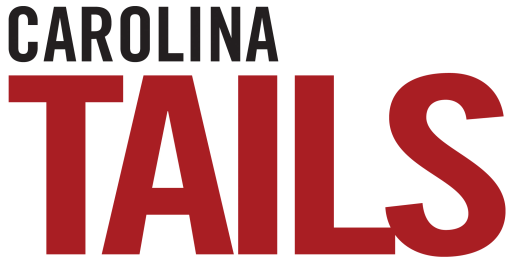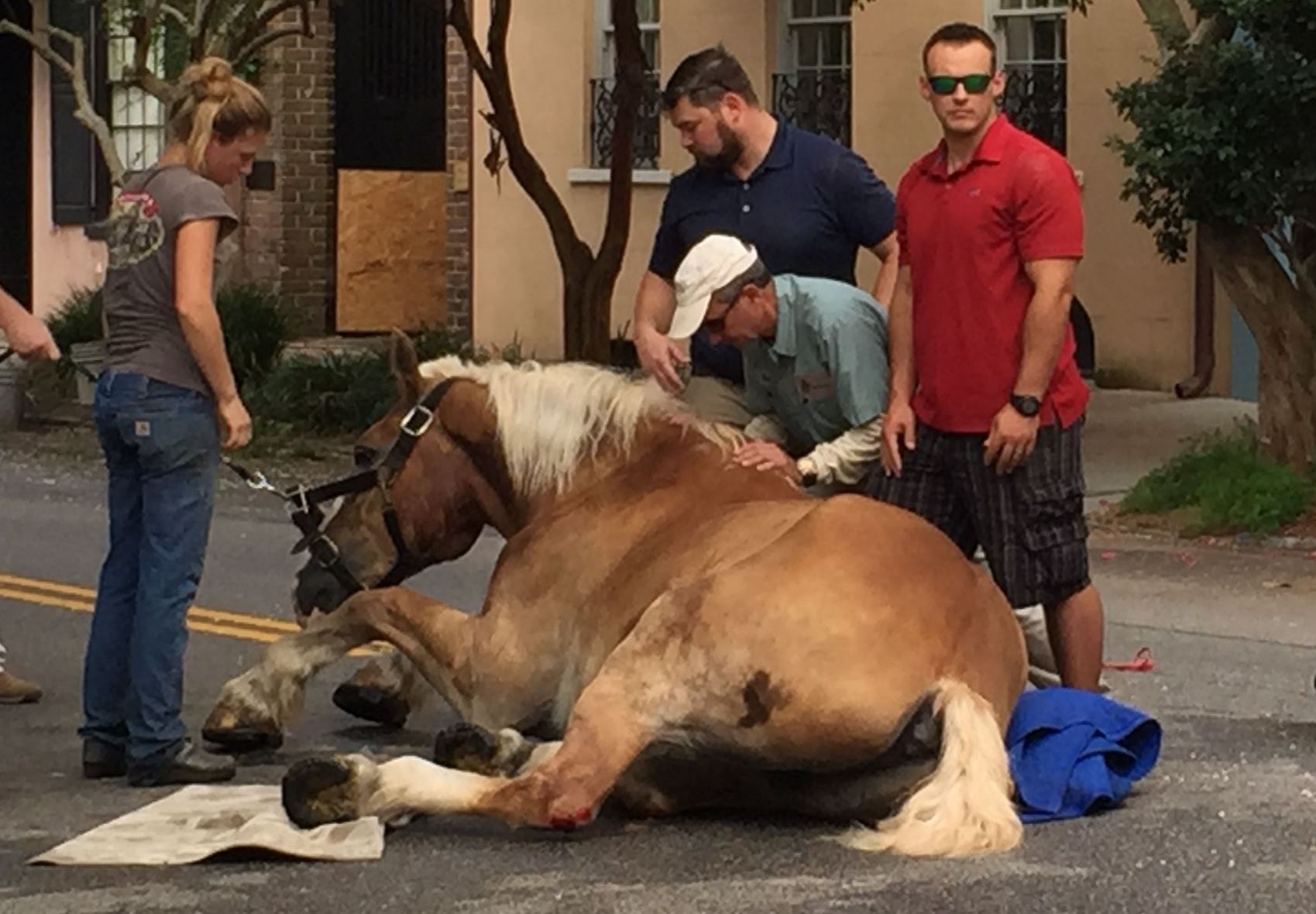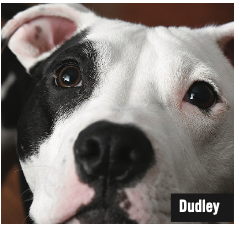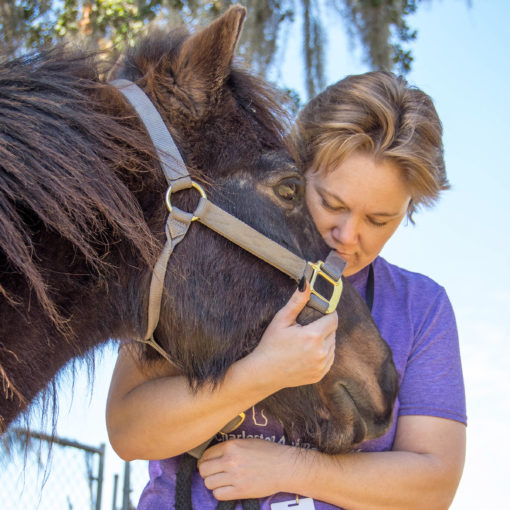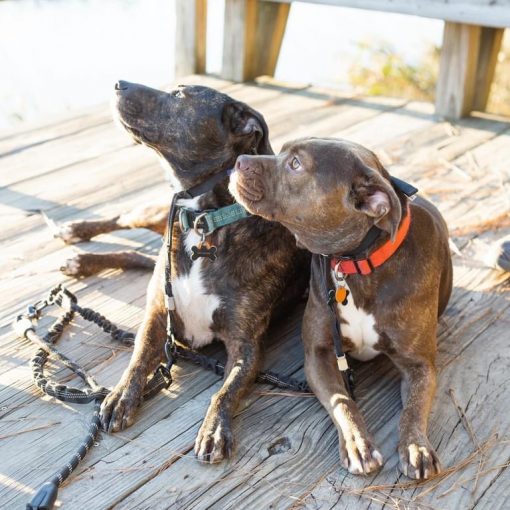By: Joe Elmore, Charleston Animal Society CEO
One year ago, a horse named Blondie was pulling a wagon full of tourists on the congested streets of downtown Charleston when it was apparently spooked by a cement truck. The horse jackknifed and fell to the pavement where it lay helpless for three hours. Tourists and bystanders brought water to Blondie and attempted to assist him. Multiple efforts to lift the horse to its feet failed, with Blondie crashing back down on the hot pavement hitting his head against the hard surface.
An equine practitioner arrived on the scene nearly an hour and a half after the fall and began directing people to cool down the pavement with water. The veterinarian immediately began administering fluids to Blondie.
Following multiple other incidents with horse-drawn wagons, Charleston Animal Society requested the City of Charleston to conduct an independent review of the incident for the purpose of preventing similar occurrences in the future.
The City agreed to an “independent” review but then effectively shut Charleston Animal Society out of it. The recommendations from the report fell far short in addressing the incident, particularly compliance with the ordinance and industry standards regarding workplace and transportation accidents. In fact, some of the findings and recommendations both contradicted and duplicated current law. Had Charleston Animal Society been allowed to fully participate in the committee, it could have pointed out these errors.
In this issue, you will see the Carolina Tails Summer Bucket List — things you need to do this summer with your dog. At Charleston Animal Society, we have a “Bucket List” for the working carriage animals downtown — two things that can be done TODAY to improve the huamane conditions the horses must work under:
- Bring the official city thermometer down to ground level in the market area. Believe it or not, this thermometer is five stories in the air, on top of a hotel, enjoying the sea breezes that horses working on the hot asphalt do not benefit from. This thermometer is used to determine if it’s too hot for horses to stay on the street.
- Know how much weight each carriage animal is pulling. By law, carriage operators are supposed to limit the load their animals carry. But nowhere in the boarding process are people either asked their weight, or asked to step on a scale. Trip after trip, time after time, this unregulated weight takes a toll on the animals’ health.
Although little progress has been made in the year since Blondie lay helpless for three hours on the hot pavement, particularly with compliance and enforcement of the current law regulating animal-drawn vehicles, Charleston Animal Society is hopeful and eager to work with the new administration in creating humane working conditions for the equines pulling wagons. Most importantly, the Animal Society continues to offer assistance to the City in this regard, specifically identifying areas of the current law related to heat and load that are not being followed. It is time to put teeth into the enforcement and compliance of the existing law.
We continue to be optimistic about working with all concerned parties toward preventing incidents like that of Blondie from occurring. But until we feel confident that the city and industry operators are taking the welfare of these magnificent animals seriously, we will continue to work as a watchdog on this industry. If you see something that concerns you regarding a carriage industry animal, please inform the City of Charleston and then contact us at Cruelty@CharlestonAnimalSociety.org.
Thank you for your continued concern for every animal in our community.
If you see something that concerns you involving carriage tour animals:
- Call (843) 743-7200. A dispatcher will contact animal control and have your concern investigated.
- Email Cruelty@CharlestonAnimalSociety.org. Our staff will follow-up with city officials to see how your concern was handled.
